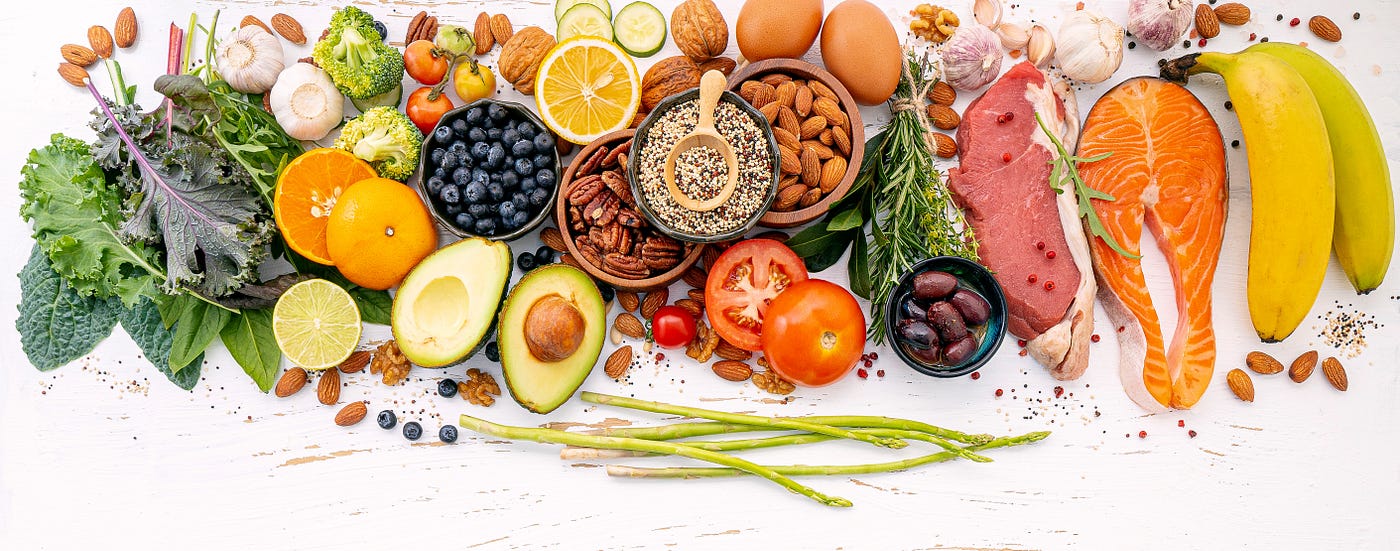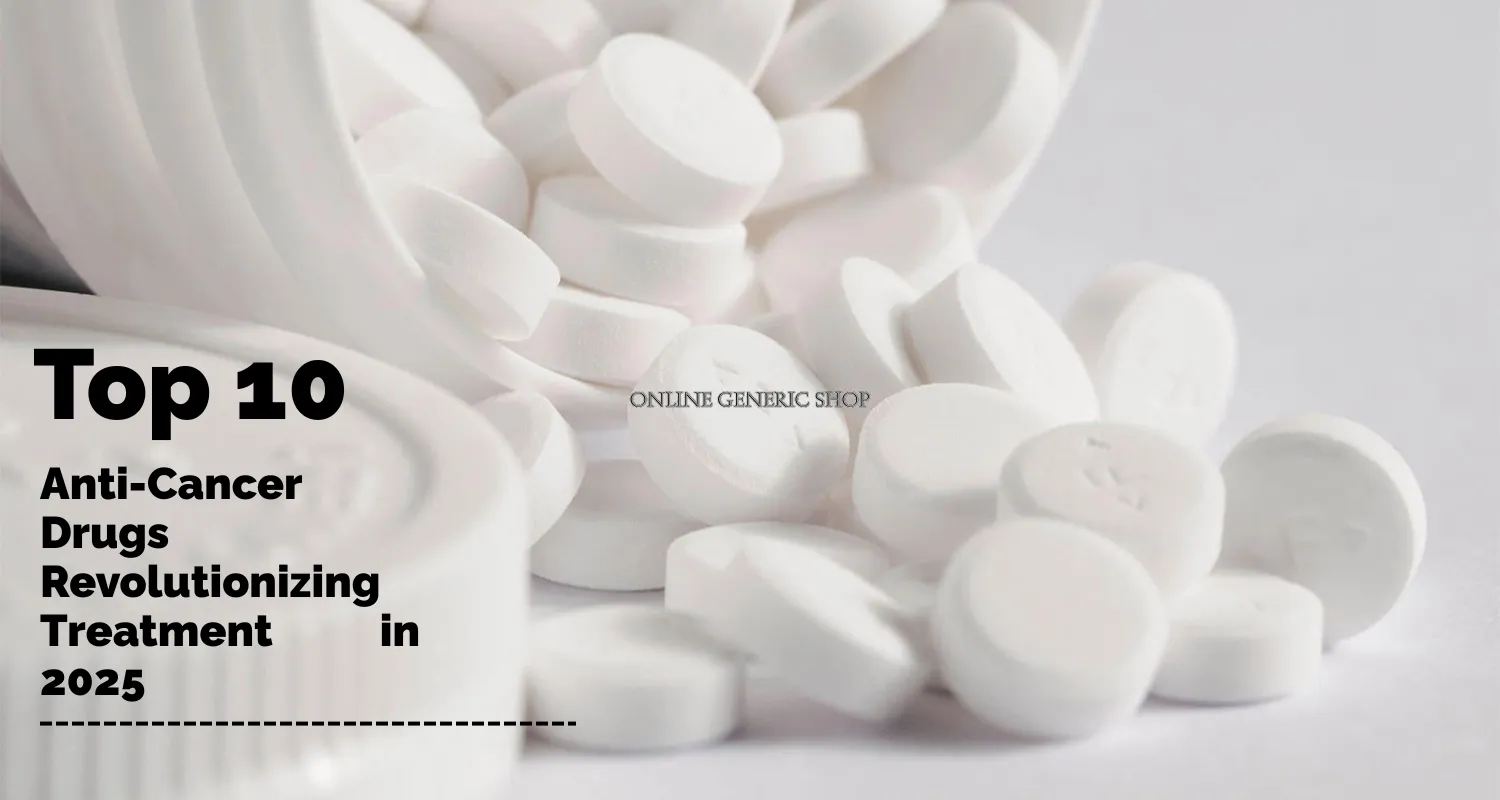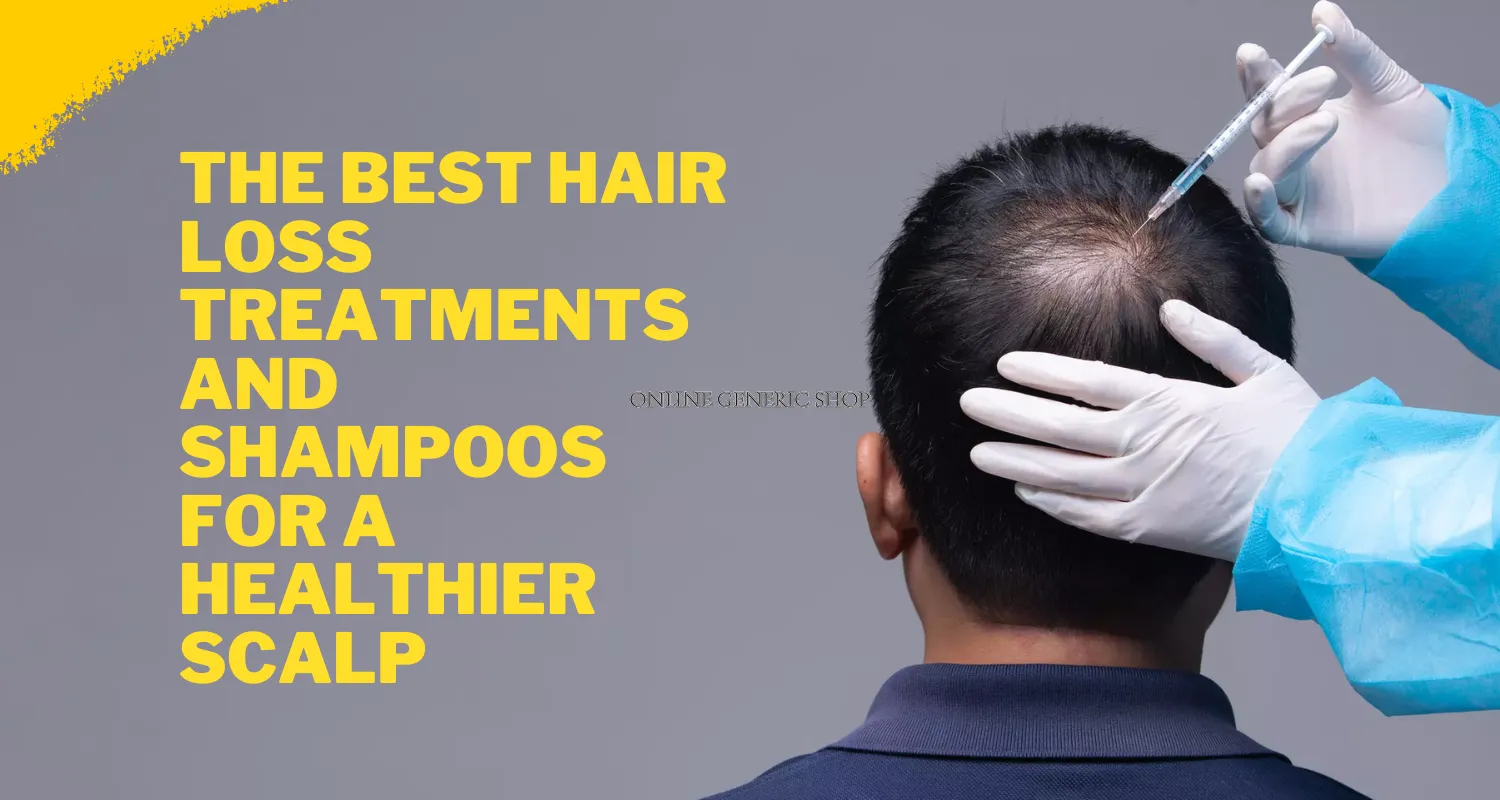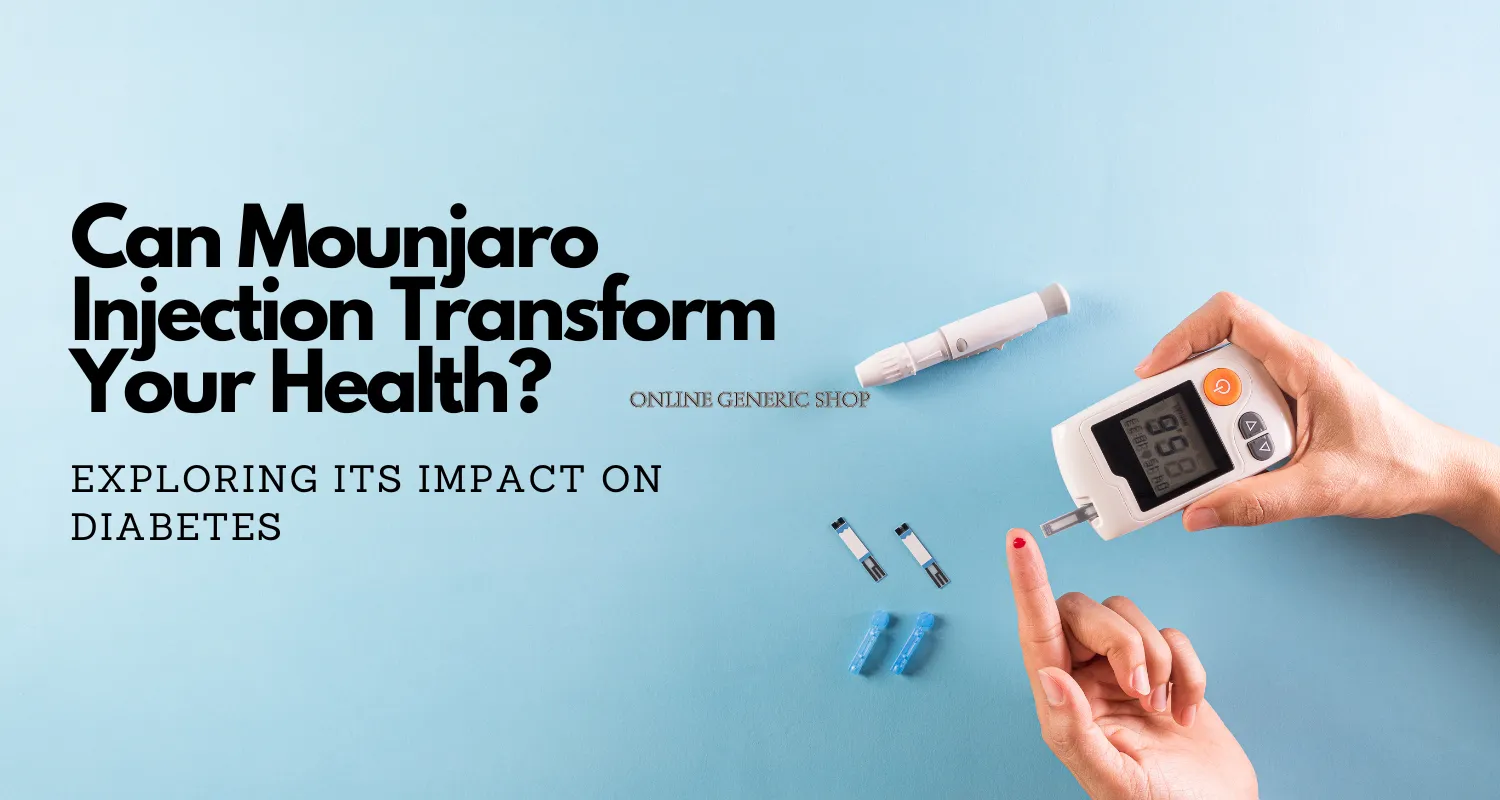The Role of Antioxidants in Anti-Cancer Nutrition: What You Need to Know

The Role of Antioxidants in Anti-Cancer Nutrition: What You Need to Know
Cancer remains one of the leading health challenges worldwide, prompting many to explore ways to reduce their risk through lifestyle and nutrition. Among the most discussed tools in this fight are antioxidants, naturally occurring compounds celebrated for their potential to protect cells and combat disease. But what exactly is their role in anti-cancer nutrition, and how can you harness their benefits effectively? This blog dives into the science of antioxidants, their impact on cancer prevention, the best food sources, and practical tips to incorporate them into your diet—empowering you to make informed choices for your health in 2025.
What Are Antioxidants, and Why Do They Matter?
Antioxidants are molecules that neutralize free radicals, unstable compounds produced in the body during normal processes (like metabolism) or from external factors (e.g., pollution, smoking, UV radiation). Free radicals can damage cells, proteins, and DNA, contributing to aging and diseases like cancer. By donating electrons to stabilize free radicals, antioxidants prevent this oxidative stress, which is linked to cancer development.
In the context of anti-cancer nutrition, antioxidants are thought to:
-
Protect healthy cells from DNA damage that could lead to cancerous mutations.
-
Reduce inflammation, a key driver of cancer progression.
-
Support the body’s natural defenses during cancer treatment by mitigating oxidative damage from therapies like chemotherapy.
However, the role of antioxidants is nuanced while they’re powerful allies, they’re not a cure-all, and their effectiveness depends on source, dosage, and context.
The Science Behind Antioxidants and Cancer Prevention
Research highlights several ways antioxidants may contribute to cancer prevention, though results vary based on whether they come from food, supplements, or specific compounds. Here’s what science tells us:
-
Cell Protection: Antioxidants like vitamin C, vitamin E, and beta-carotene shield cells from oxidative damage, potentially reducing the risk of cancers such as lung, breast, and colorectal cancer.
-
Anti-Inflammatory Effects: Compounds like polyphenols (found in green tea and berries) and curcumin (in turmeric) lower chronic inflammation, which can fuel cancer growth.
-
DNA Repair Support: Selenium and zinc enhance the body’s ability to repair DNA damage, a critical step in preventing malignant cell formation.
-
Immune Boost: Antioxidants like vitamin A and flavonoids strengthen immune responses, helping the body identify and eliminate precancerous cells.
Key Studies:
-
A 2020 meta-analysis in Nutrients found that diets high in antioxidant-rich fruits and vegetables were associated with a lower risk of colorectal cancer.
-
The Women’s Health Initiative showed that higher intakes of dietary carotenoids (e.g., beta-carotene, lycopene) correlated with reduced breast cancer risk.
-
However, some trials (e.g., the SELECT trial) found that high-dose antioxidant supplements, like selenium or vitamin E, didn’t always prevent cancer and, in some cases, increased risk for certain groups.
The takeaway? Whole foods rich in antioxidants are generally more effective and safer than high-dose supplements, which can sometimes interfere with cancer treatments or promote cancer in specific contexts.

Top Antioxidant-Rich Foods for Anti-Cancer Nutrition
To leverage antioxidants for cancer prevention, focus on a diverse, plant-based diet packed with nutrient-dense foods. Here are some of the best sources and their key compounds:
-
Berries (Blueberries, Strawberries, Raspberries):
-
Antioxidants: Anthocyanins, vitamin C, ellagic acid.
-
Benefits: May reduce oxidative stress and inhibit tumor growth in cancers like breast and colon.
-
Tip: Add a cup of mixed berries to smoothies or oatmeal daily.
-
-
Leafy Greens (Spinach, Kale, Swiss Chard):
-
Antioxidants: Beta-carotene, lutein, vitamin C.
-
Benefits: Support DNA repair and reduce risk of lung and stomach cancers.
-
Tip: Sauté greens with garlic and olive oil for a nutrient-packed side dish.
-
-
Cruciferous Vegetables (Broccoli, Cauliflower, Brussels Sprouts):
-
Antioxidants: Glucosinolates, sulforaphane, vitamin C.
-
Benefits: Promote detoxification and may lower risk of prostate and colorectal cancers.
-
Tip: Steam lightly to preserve nutrients, and pair with hummus for a snack.
-
-
Nuts and Seeds (Walnuts, Flaxseeds, Almonds):
-
Antioxidants: Vitamin E, selenium, lignans.
-
Benefits: Combat inflammation and support prostate and breast cancer prevention.
-
Tip: Sprinkle ground flaxseeds on yogurt or salads for an omega-3 boost.
-
-
Tomatoes:
-
Antioxidants: Lycopene, vitamin C.
-
Benefits: Linked to lower prostate cancer risk, especially when cooked (e.g., in sauces).
-
Tip: Use canned tomatoes in soups or pasta for concentrated lycopene.
-
-
Green Tea:
-
Antioxidants: Catechins (EGCG), polyphenols.
-
Benefits: May inhibit cancer cell growth in cancers like lung and liver.
-
Tip: Brew 1-2 cups daily, steeping for 3-5 minutes to maximize catechin release.
-
-
Turmeric:
-
Antioxidants: Curcumin.
-
Benefits: Reduces inflammation and may slow cancer progression in early studies.
-
Tip: Add a pinch of turmeric and black pepper to soups or smoothies for better absorption.
-
-
Whole Grains (Quinoa, Brown Rice, Oats):
-
Antioxidants: Phenolic acids, fiber.
-
Benefits: Support gut health and reduce colorectal cancer risk.
-
Tip: Swap white rice for quinoa in stir-fries for added nutrients.
-

How to Incorporate Antioxidants into Your Anti-Cancer Diet
Building an antioxidant-rich diet doesn’t require drastic changes small, consistent choices add up. Here’s how to make it practical and sustainable:
-
Aim for Variety: Eat a “rainbow” of fruits and vegetables daily to get a broad spectrum of antioxidants. Try for 5-9 servings, focusing on different colors (red tomatoes, green spinach, purple berries).
-
Cook Smart: Light steaming or roasting preserves antioxidants better than boiling. For lycopene-rich foods like tomatoes, cooking enhances absorption.
-
Go Whole Foods: Choose whole foods over processed ones to maximize nutrient density. For example, opt for fresh oranges over orange juice to retain fiber and avoid added sugars.
-
Snack Strategically: Keep antioxidant-rich snacks like almonds, baby carrots, or apple slices with peanut butter on hand for easy boosts.
-
Limit Pro-Oxidants: Reduce foods that increase oxidative stress, like processed meats, sugary drinks, and trans fats, which can counteract antioxidants’ benefits.
-
Pro Tip: Batch-prep a weekly salad with spinach, broccoli, cherry tomatoes, and walnuts, dressed with olive oil and lemon, for a quick anti-cancer meal.
Antioxidants and Cancer Treatment: A Balanced Perspective
While antioxidants are powerful for prevention, their role during cancer treatment is more complex. Some studies suggest high-dose antioxidant supplements (e.g., vitamin C, E) might interfere with chemotherapy or radiation by protecting cancer cells from oxidative damage intended to kill them. However, dietary antioxidants from whole foods are generally considered safe and beneficial during treatment, as they support overall health without reaching megadose levels.
Key Tips for Cancer Patients:
-
Discuss supplements with your oncologist before starting, especially during active treatment.
-
Focus on a balanced diet with antioxidant-rich foods to support energy, immunity, and recovery.
-
Avoid megadoses of single antioxidants (e.g., high-dose beta-carotene), which may pose risks in certain cancers, like lung cancer in smokers.
Supplements vs. Food: What’s the Better Choice?
While antioxidant supplements are tempting for their convenience, they often fall short compared to whole foods:
-
Food Advantages: Whole foods provide a synergistic mix of antioxidants, fiber, and other nutrients that work together to fight cancer. For example, an orange offers vitamin C, fiber, and flavonoids, while a pill only delivers the vitamin.
-
Supplement Risks: High doses can disrupt treatment or increase cancer risk in some cases (e.g., beta-carotene supplements in smokers). They also lack the full nutrient profile of foods.
-
When to Consider Supplements: If dietary intake is limited (e.g., due to medical restrictions), a doctor may recommend a multivitamin or specific supplement at safe doses.
Lifestyle Factors to Amplify Anti-Cancer Benefits
Antioxidants work best as part of a holistic anti-cancer lifestyle. Complement your diet with these habits:
-
Exercise Regularly: Aim for 150 minutes of moderate activity (e.g., brisk walking) weekly to reduce inflammation and enhance antioxidant activity.
-
Quit Smoking: Tobacco generates free radicals, undermining antioxidants. Seek support through counseling or nicotine replacement.
-
Manage Stress: Chronic stress increases oxidative damage. Practices like meditation or yoga can lower cortisol and boost antioxidant defenses.
-
Get Screened: Regular cancer screenings (e.g., mammograms, colonoscopies) catch issues early, complementing your preventive efforts.
-
Pro Tip: Try a 10-minute daily walk with a playlist of uplifting music to combine exercise and stress relief for a double anti-cancer boost.
Common Myths About Antioxidants and Cancer
Myth 1: More antioxidants always mean better protection.
Truth: Excessive antioxidant intake, especially from supplements, can sometimes promote cancer in specific contexts (e.g., high-dose vitamin E in prostate cancer). Stick to food sources for balance.
Myth 2: All cancers can be prevented with antioxidants.
Truth: While antioxidants reduce risk, cancer is influenced by genetics, environment, and other factors. They’re one piece of the prevention puzzle.
Myth 3: Frozen or canned produce lacks antioxidants.
Truth: Frozen fruits and vegetables often retain antioxidants as well as fresh, and canned tomatoes can have higher lycopene. Choose minimally processed options.

When to Consult a Healthcare Professional
While antioxidants are generally safe from food, consult a doctor or dietitian if you:
-
Are considering high-dose supplements, especially during cancer treatment.
-
Have a family history of cancer and want a tailored prevention plan.
-
Notice symptoms like unexplained weight loss, fatigue, or changes in bowel habits, which could warrant screening.
-
Want to optimize your diet for specific cancer risks (e.g., colorectal, breast).
A healthcare provider can assess your needs, recommend screenings, and ensure your anti-cancer nutrition plan aligns with your health goals.
Final Thoughts
Antioxidants play a vital role in anti-cancer nutrition, offering a natural way to protect cells, reduce inflammation, and support your body’s defenses against cancer. By filling your plate with colorful, antioxidant-rich foods like berries, leafy greens, and nuts, and pairing them with a healthy lifestyle, you can take meaningful steps toward prevention. While supplements may have a place for some, whole foods remain the gold standard for safety and effectiveness. Embrace the power of nutrition, stay proactive with screenings, and work with your healthcare team to build a personalized anti-cancer strategy.
What’s your favorite antioxidant-rich food, and how do you include it in your meals? Share below, and let’s inspire each other to eat for health!



